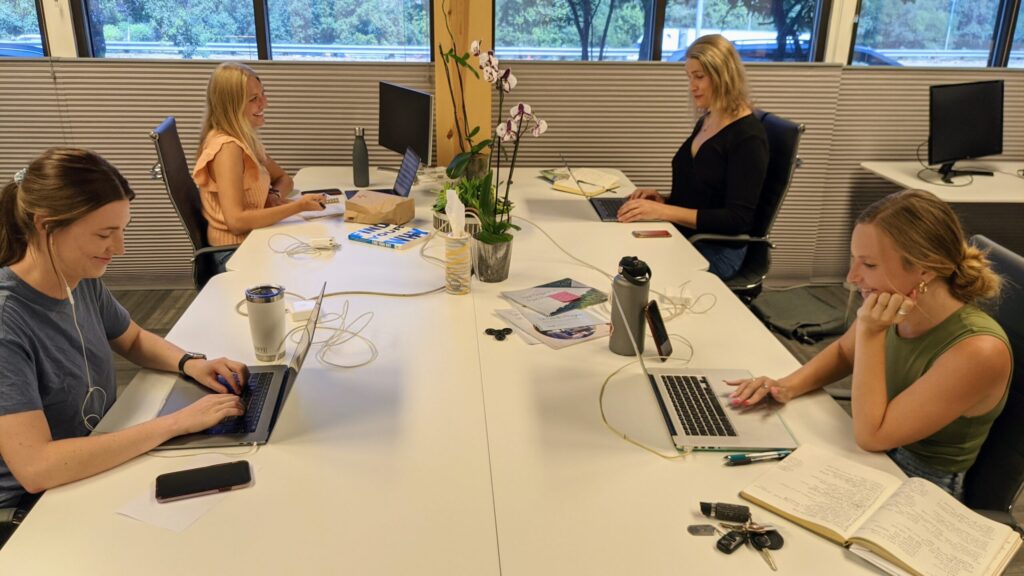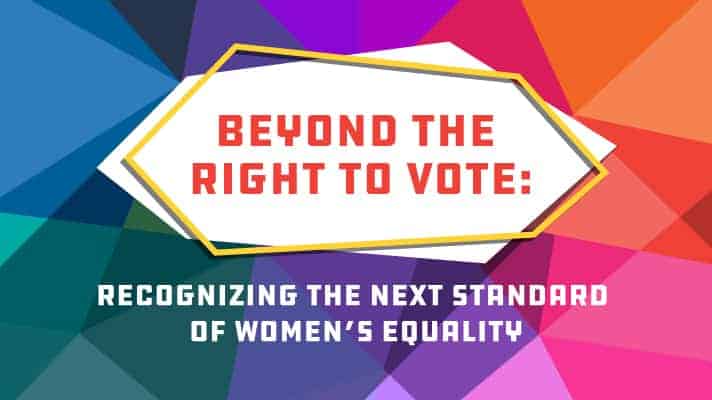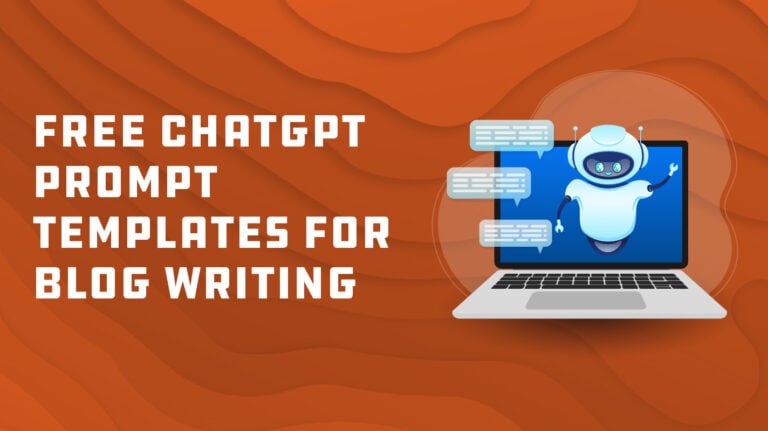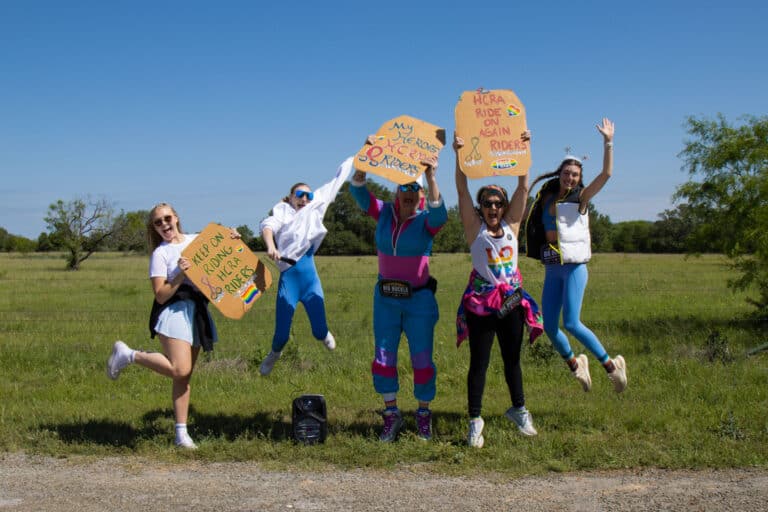According to a survey by McKinsey, “Employee burnout is ubiquitous, alarming—and still underreported.” More telling, however, is the lack of participation in this survey. Burnout is so bad in the workforce that employees are too overwhelmed to participate in a survey or have left the workforce entirely, rendering them unable to participate in a burnout survey.
The pandemic forced many of us to rely on working remotely. This wasn’t always bad as our team values autonomy and flexibility. And Seventh Scout is not alone in searching for stability in our flexible working model. Over half of the workforce reports they now prefer a flexible work schedule.
Seventh Scout fully embraces the flexible work model. We prioritize productivity over time in the office. Our vacation policy is that we don’t have a vacation policy. Each team member is responsible for their productivity, which often comes outside any proscribed “nine-to-five” office hours.
Even with our flexible schedules and ability to work from anywhere, our team realizes that, as a digital marketing agency with a client base that spans coast-to-coast, there are very few opportunities to step away from our work. Client websites, social channels, emails, conferences, paid advertising campaigns, and webinars fill our calendars and our consciousness.
Then two profound things happened. Our founding partner and my dear friend, Rhodes Gibson, passed away on May 5th last year, and just a few weeks later, HubSpot announced they were giving their global team the week off. I was intrigued and inspired.
Our team rallied around Rhodes after his Pancreatic Cancer diagnosis. The pandemic helped shelter our clients from his treatments, precisely as Rhodes wished. He would take zoom meetings from his chemo appointments, opting to turn off his camera. He chose not to share his diagnosis. He didn’t want the attention. He didn’t like the sympathy. He didn’t want anyone to suggest that he wouldn’t beat this vicious cancer.
Running a small business that caters to small businesses during a pandemic has been challenging. Optimism ebbs and flows with each variant. Budgets have been frozen or slashed. And then I had to call every single client to share that Rhodes had passed away. With his loss, our agency had fundamentally shifted. We are different without him. And I assumed that a handful of clients would choose to go another direction. I allowed each of them to do so without penalty and void their contract. It was the scariest moment of my professional career.
Not only did every client stay with our team, but some have expanded their services and scope with us. Our team has grown in numbers and strength. We are grateful for each other and our partners.
Then HubSpot announced that their company would be closing for a week. I was intrigued. Although our team can and does manage their schedules, our digital agency and society rarely allow us to leave work and leave it behind. By taking the entire company offline and out of meetings for a week, our team can truly rest, recharge, and restore. When we return to our inboxes next week, they will not be filled with threads and projects that transpired while just one of us was away.
Sounds risky to tell our clients we aren’t working for a week? On the contrary, our clients’ reactions have been overwhelmingly supportive. As a small business owner, it is moments like these that I know we have the right team and the right clients. We are living up to our motto of “Be Nice. Make Better.”
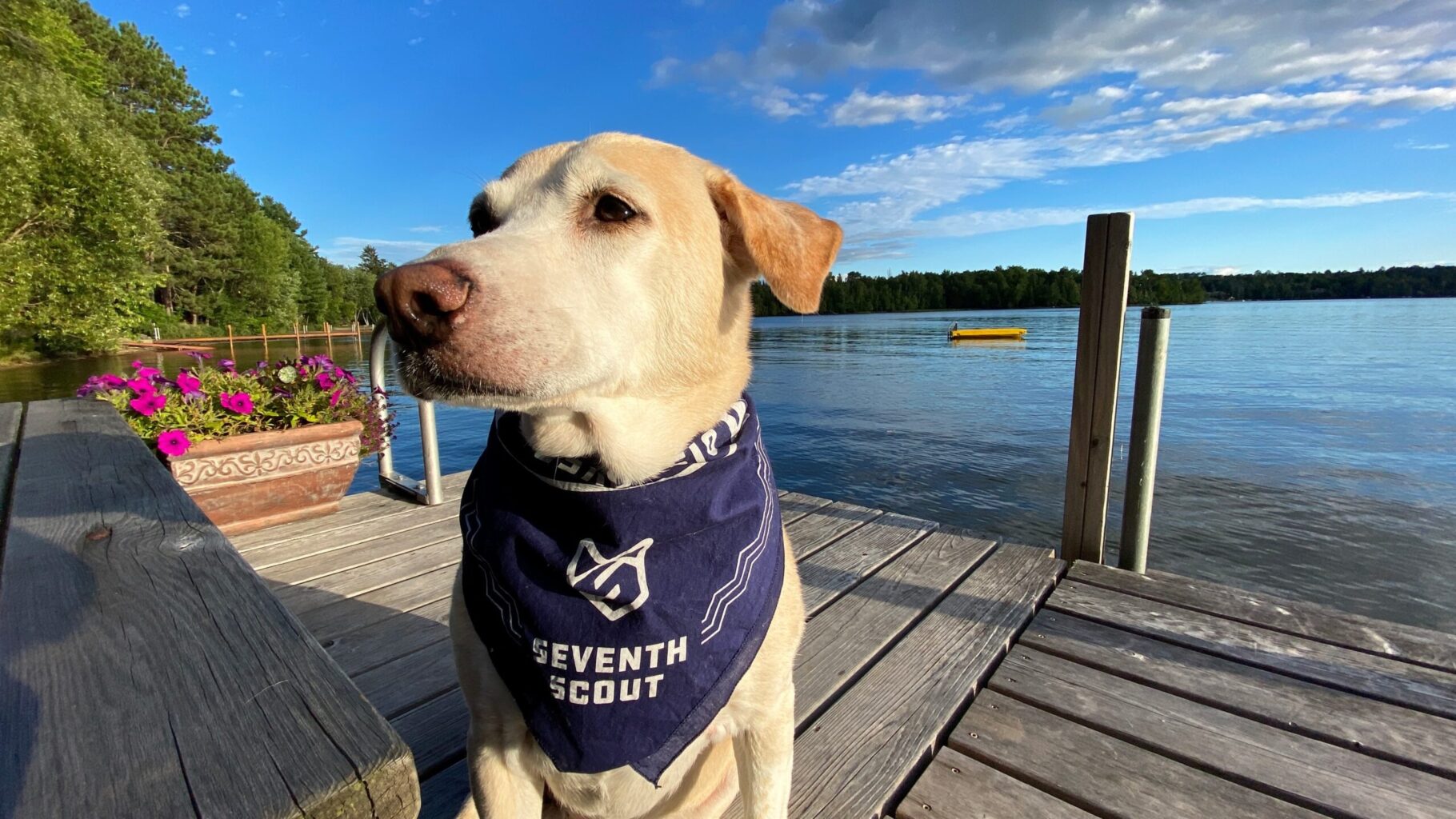
How does your company or organization work to combat employee burnout? What are some of the things that you have added to your daily routine to find balance? Join the conversation on our social media channels – LinkedIn, Facebook, and Instagram.
Interested in learning more about our team at Seventh Scout? Explore more about us.
